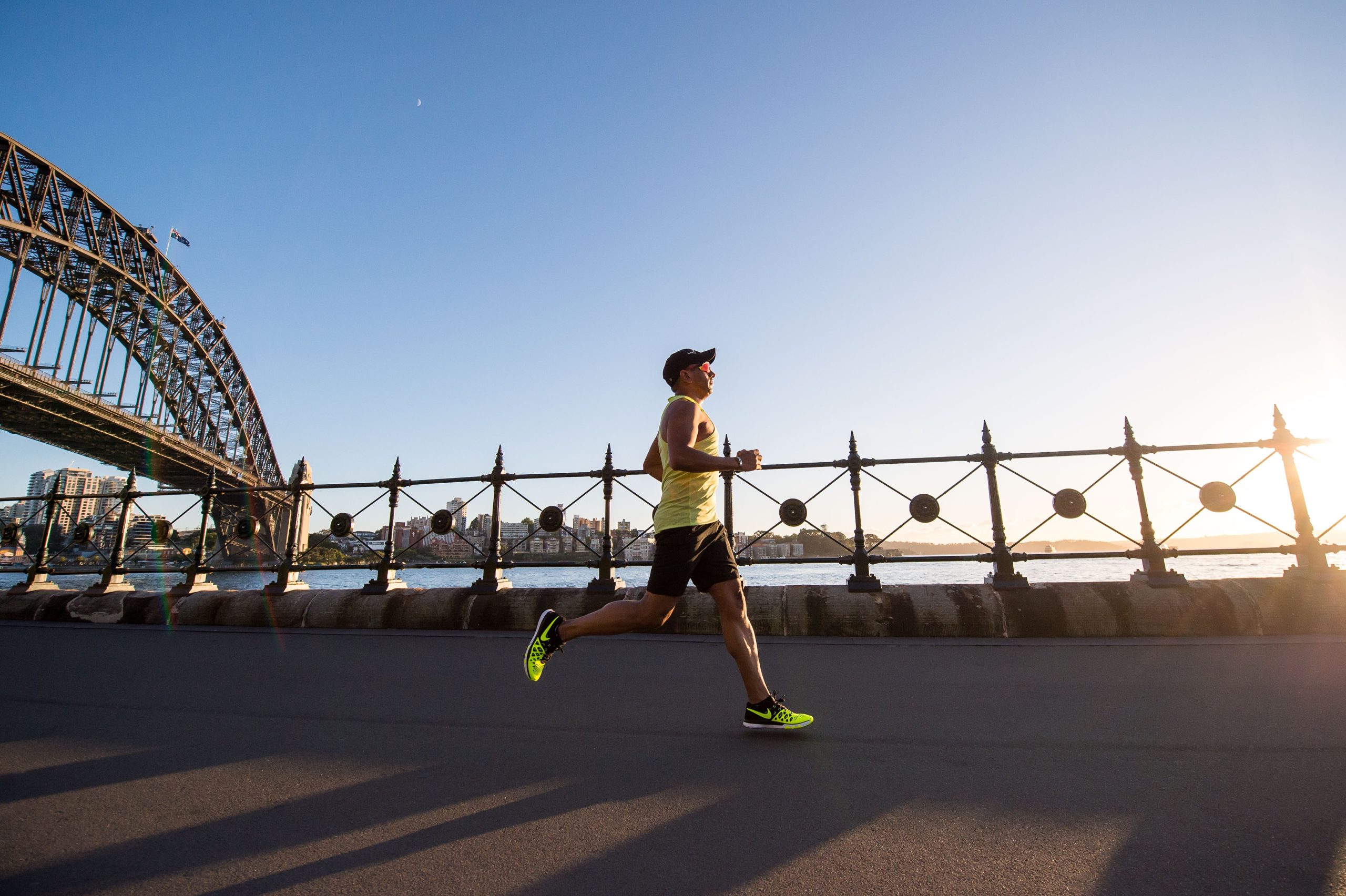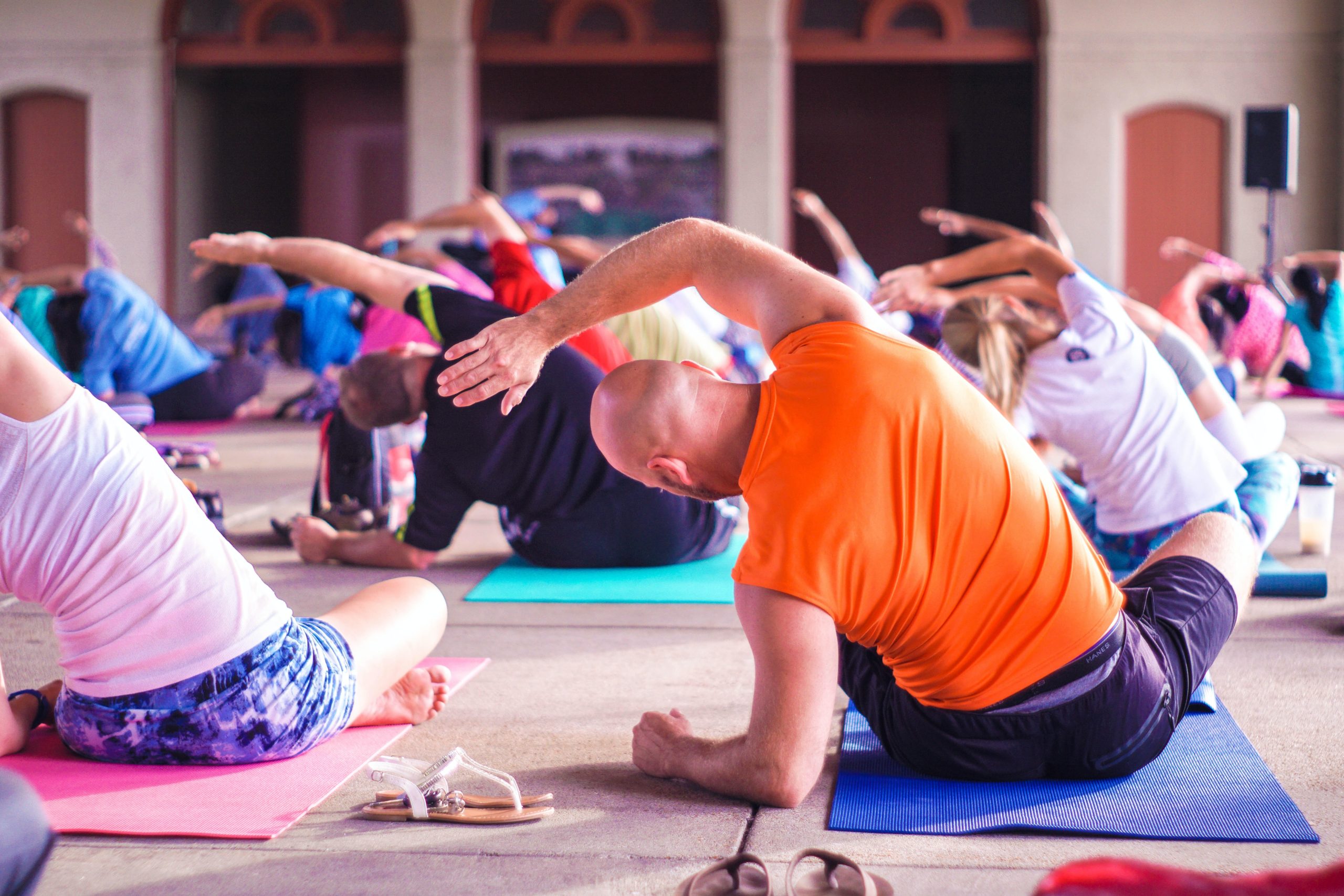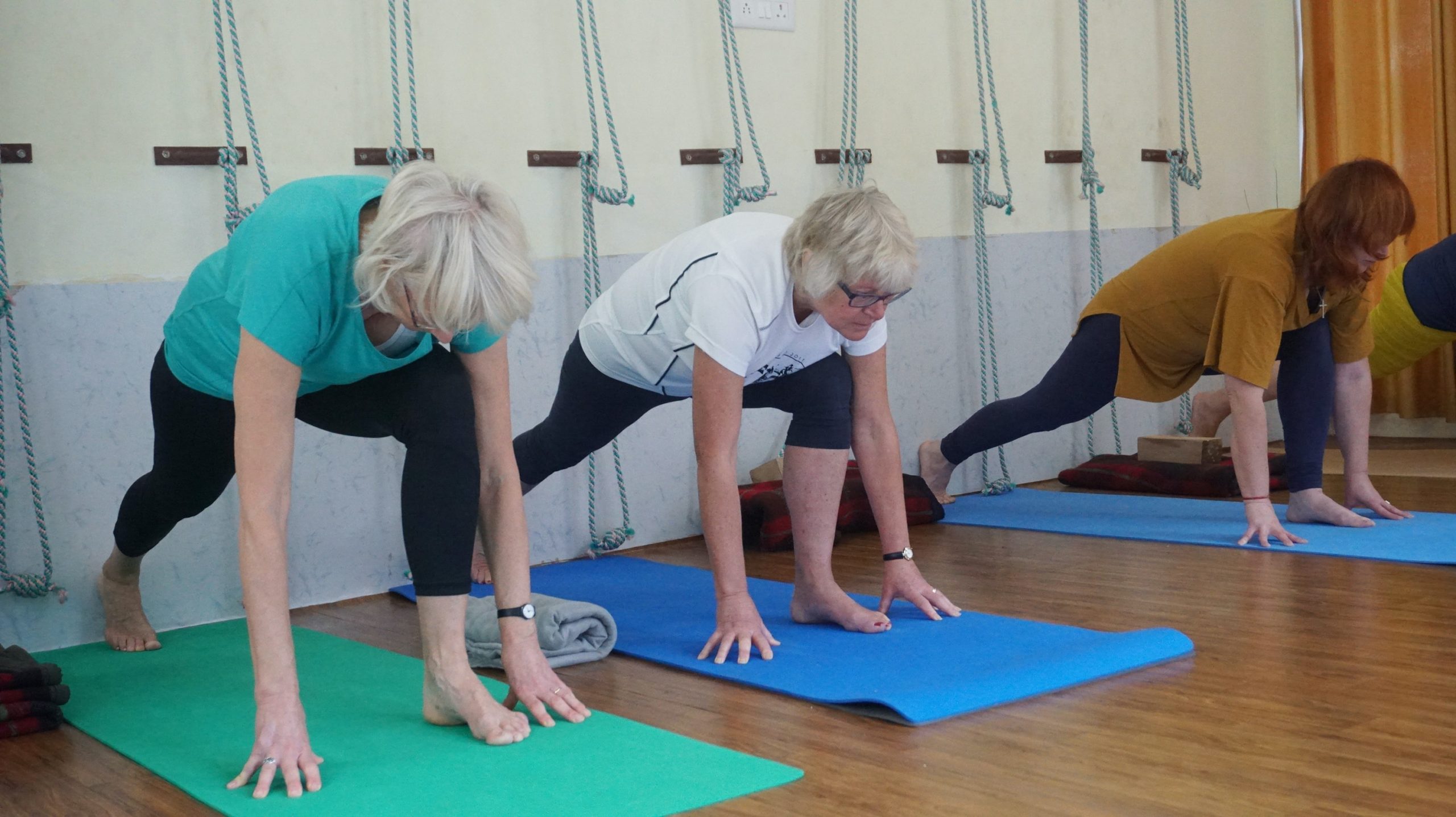Depression rates are on the rise with the COVID-19 pandemic still in full swing. Mental illness, in general, was already a growing problem before the pandemic, but the global crisis greatly exacerbated the issue.
Those who suffer from depression might feel as if there is no way out. In truly serious cases, they might even feel like there’s no point to anything. They see life as meaningless, and they possibly even see themselves as meaningless.
There are treatment options available. If you think you’re suffering from depression, you can visit your doctor for an official diagnosis. They can also refer you to therapists and possibly prescribe you medication.
Talk therapy has grown in prevalence in recent years as many elements of society have opened their eyes to the importance of mental health. The boom in video chatting options thanks to the pandemic has made online talk therapy a growing possibility.
Prescription medications are often used in conjunction with talk therapy. They can help rewire pathways in the brain that help people feel better for the short-term until their therapy helps them out of their darkness. Medications are usually tapered down slowly after progress is made in order to give patients the best chance of making it long-term.
There are other things that can help with depression that don’t involve doctors. One of them is exercise, as there is research showing how physical activity prevents depression.
In fact, physical activity doesn’t just ward off depression. It actually does it in two different ways. One of them is by minimizing the symptoms of depression, whereas the other is actually helping the brain change more easily.
Depression is like other diseases in the fact that treating symptoms can help a patient feel better. Feeling better is the definition of success against depression, but it also helps patients feel stronger and more able to fight for themselves against anything afflicting them. The confidence and endorphins that one feels with exercise tends to make people who engage in this physical activity feel much better about themselves.
On the inside, physical activity has very positive benefits for the human brain. Much of depression is feeling stuck in patterns of negative thoughts and feelings. These are often repeated and even echoed. A more agile brain can start doing things differently.




